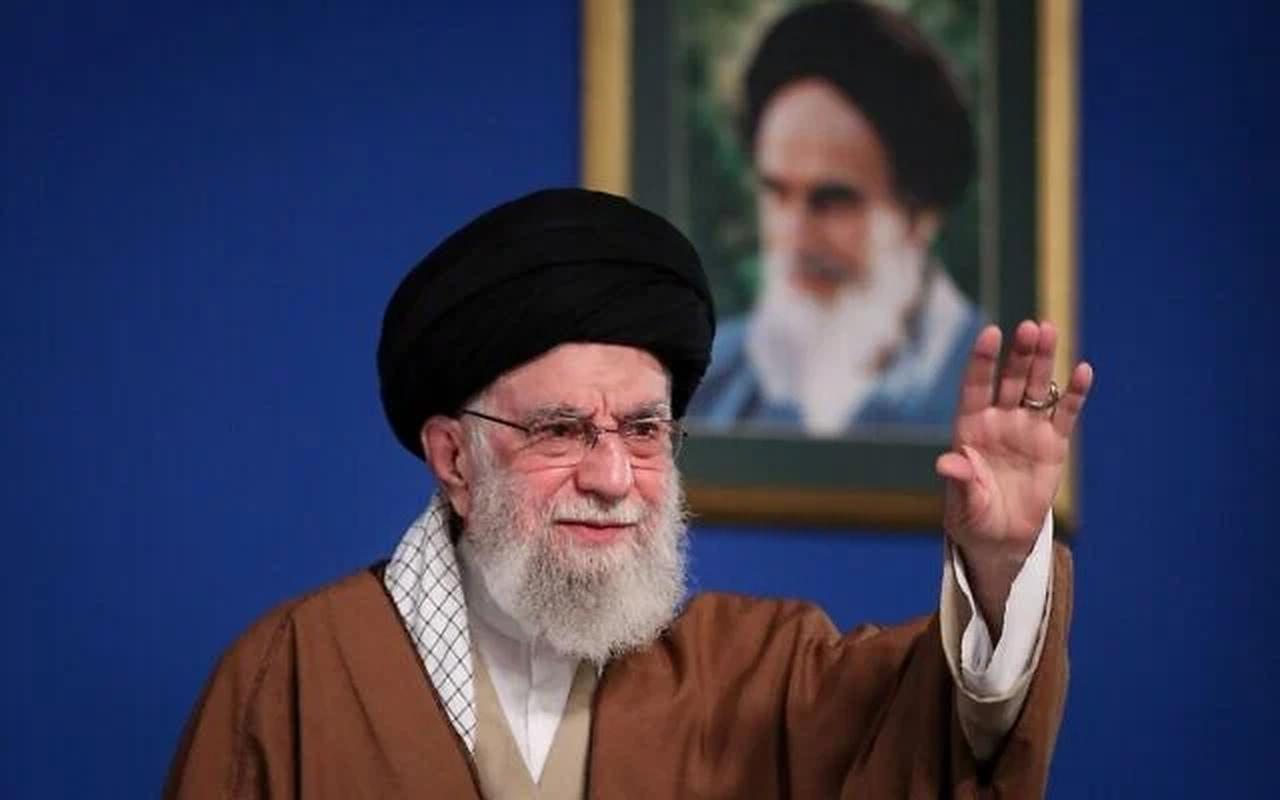
Kremlin spokesperson Dmitry Peskov warned that forcing regime change in Iran would be unacceptable and that any potential assassination of Iran's Supreme Leader Ali Khamenei would "open Pandora's box."
Speaking to Sky News, Peskov commented on the escalating conflict that began with Israel's attacks on Iran. He said Russia's reaction would be "very negative" if Israel, with U.S. assistance, were to carry out an assassination attempt against Khamenei.
"We definitely do not approve of this," Peskov said regarding potential regime change efforts. "It is unimaginable. This must be unacceptable, even talking about it must be unacceptable for everyone."
While declining to specify what steps Russia might take if Khamenei were assassinated, Peskov warned of broader consequences. "This will lead to the emergence of extremist moods within Iran, and those who talk about (killing Khamenei) should keep this in mind. They will open Pandora's box," he said.

The Kremlin spokesman emphasized that the situation is extremely tense and dangerous not only for the region but globally, warning that the potential expansion of parties to the conflict could prove even more perilous.
Peskov noted that the involvement of other countries in the dispute between the two nations would create another cycle of conflict in the region and also lead to an escalation of tensions.
Regarding comments by U.S. President Donald Trump, who rejected Russian President Vladimir Putin's offers to mediate an end to the conflict with the words "mediate in your own conflict," Peskov said Trump's remarks contained no insult.
"He has his own distinctive style of speaking and language," Peskov said of Trump. "We are quite tolerant and expect everyone to be tolerant toward us as well."
The current tensions stem from Israel's extensive attacks on Iran on June 13, targeting nuclear facilities in various Iranian cities and high-ranking military command, among other targets.
According to reports, Iran's chief of general staff, the commander of the Revolutionary Guards, several senior commanders, and nine nuclear scientists were killed in the attacks.
Iran's military retaliated against Israel with ballistic missiles, reportedly killing 25 people and wounding more than 500. Since the attacks began in the early hours of June 13, at least 639 people have been killed and 1,329 others wounded, bringing the total number of casualties to 1,968.